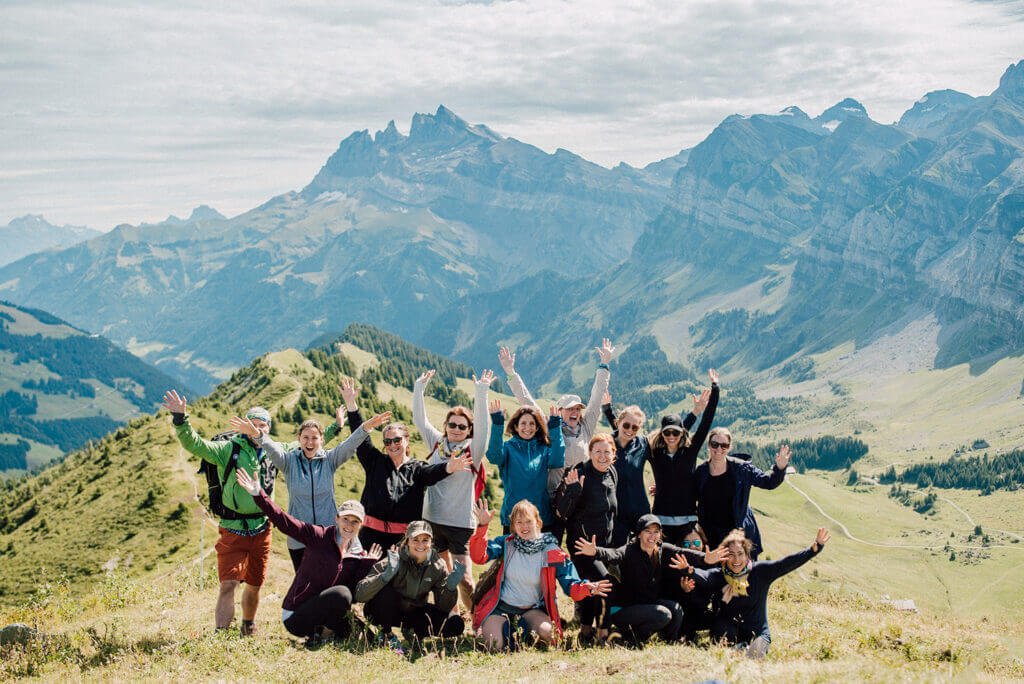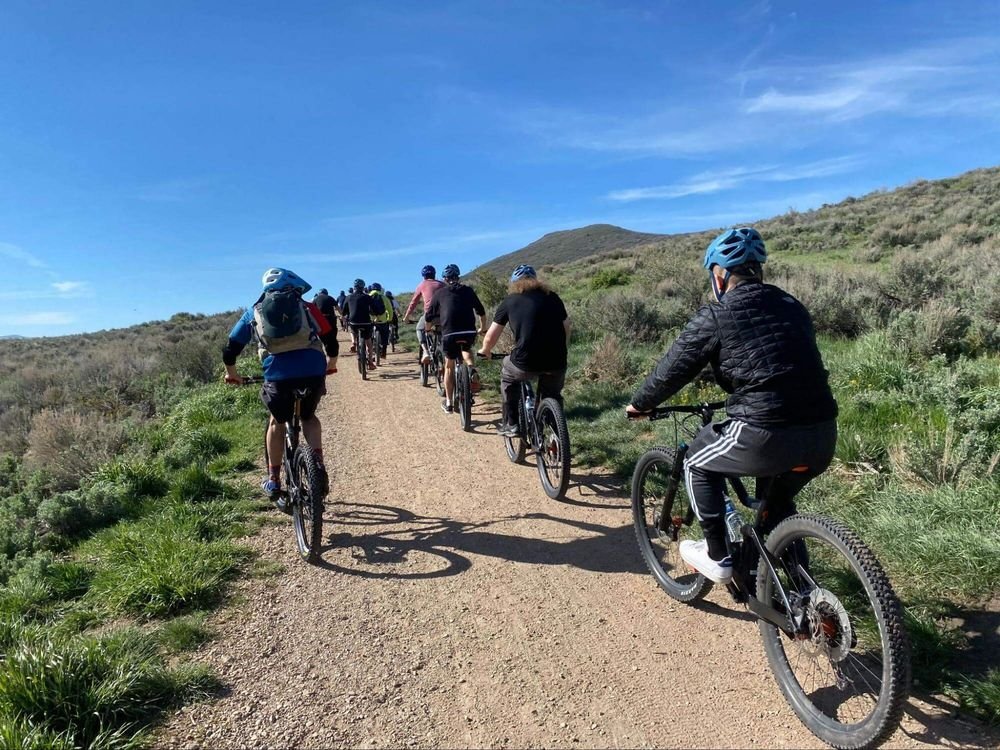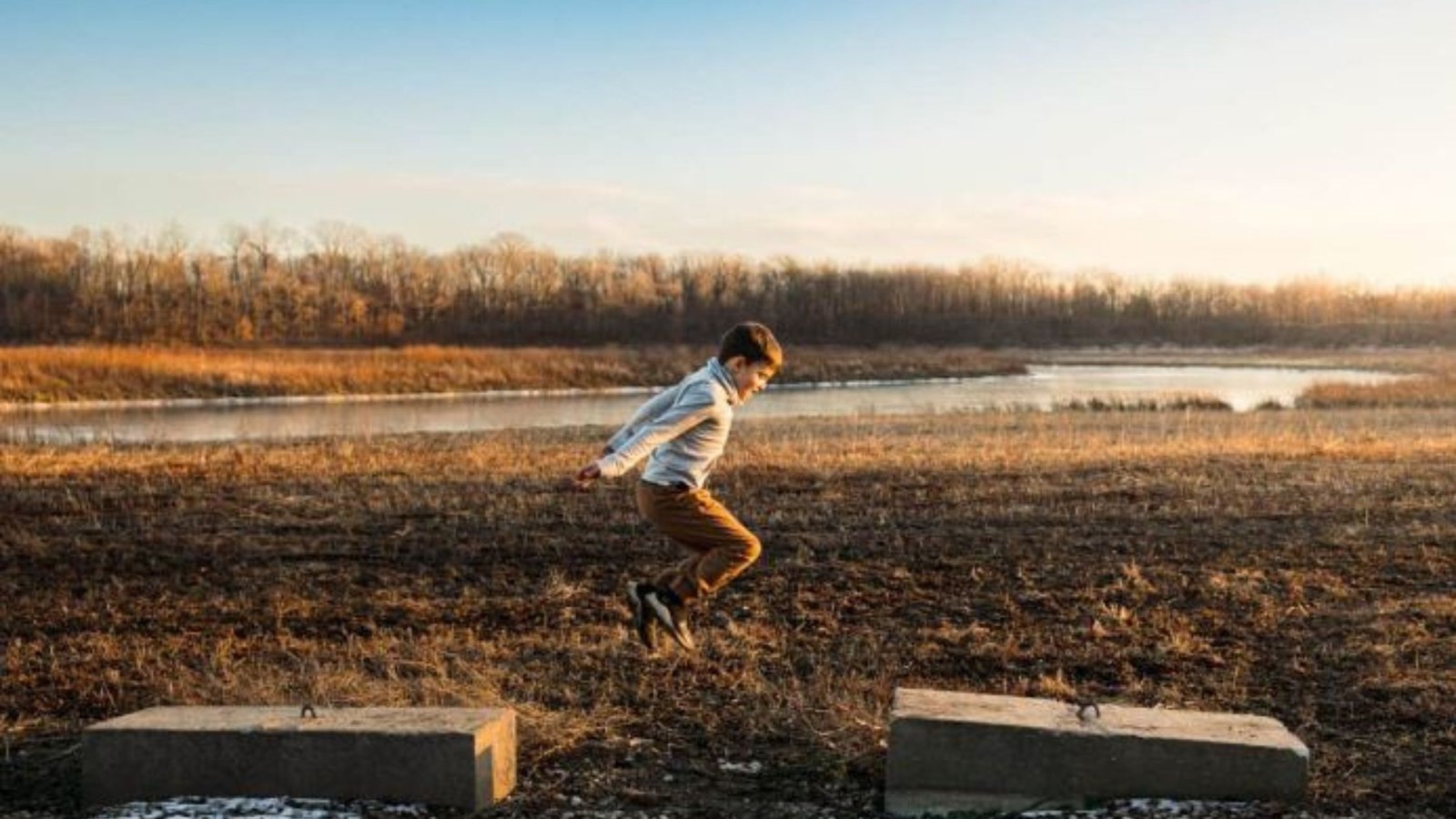Planning an outdoor adventure retreat involves organizing a rejuvenating experience that combines exploration, relaxation, and connection with nature. Whether for corporate team-building or personal wellness, a well-planned retreat can foster camaraderie and personal growth amidst natural surroundings.
Understanding the Essence of an Outdoor Adventure Retreat
An outdoor adventure retreat offers participants an opportunity to unwind from daily routines while engaging in activities that promote physical and mental well-being. It focuses on creating a balance between adventure, relaxation, and personal development in a natural setting.

Steps to Plan an Outdoor Adventure Retreat
1. Define the Purpose and Goals
Determine the objectives of the retreat, whether it’s team-building, leadership development, wellness, or simply relaxation. Clarify what outcomes you hope to achieve through the outdoor adventure activities and experiences.
2. Choose the Right Location
Select a location that aligns with the goals of the retreat and offers suitable outdoor activities. Consider factors such as accessibility, accommodation options (camping, cabins, lodges), natural attractions, and the availability of facilities for group activities and gatherings.
3. Plan Engaging Outdoor Activities
Design a schedule that includes a variety of outdoor activities tailored to the interests and abilities of participants. Activities may include hiking, kayaking, rock climbing, nature walks, yoga sessions, team challenges, or wildlife viewing. Ensure there are options for both adventurous pursuits and more relaxed, contemplative activities.
4. Arrange Accommodation and Facilities
Book accommodations that accommodate the size of your group and provide necessary amenities for comfort and relaxation. Consider options that enhance the retreat experience, such as cabins with scenic views, campsites near hiking trails, or retreat centers with meeting rooms and outdoor gathering spaces.
5. Cater to Dietary Needs
Plan meals that cater to dietary preferences and restrictions of participants. Whether preparing meals onsite, hiring a caterer, or arranging for group dining at local restaurants, ensure there are nutritious and energizing options that support the physical demands of outdoor activities.
6. Promote Wellness and Relaxation
Incorporate wellness activities into the retreat schedule, such as yoga or meditation sessions, mindfulness exercises, or spa treatments. These activities promote relaxation, reduce stress, and enhance the overall well-being of participants during the retreat.
Benefits of Hosting an Outdoor Adventure Retreat
Hosting an outdoor adventure retreat offers numerous benefits for participants and organizers alike:
- Team Cohesion: Strengthen bonds and foster teamwork through shared outdoor challenges and experiences.
- Personal Growth: Encourage self-discovery and personal development in a natural, inspirational setting.
- Stress Relief: Escape the pressures of everyday life and rejuvenate in a peaceful outdoor environment.
- Connection with Nature: Cultivate an appreciation for nature and environmental stewardship among participants.
How to Execute a Successful Outdoor Adventure Retreat
- Delegate Responsibilities: Assign roles to team members or partners to manage logistics, activities, and participant communications.
- Communicate Clearly: Provide participants with detailed information about the retreat schedule, packing list, and any required forms or waivers.
- Prepare for Contingencies: Have contingency plans in place for inclement weather, medical emergencies, or unforeseen circumstances.
- Encourage Feedback: Gather feedback from participants after the retreat to evaluate success and identify areas for improvement.
- Celebrate Achievements: Recognize and celebrate achievements and milestones reached during the retreat, fostering a sense of accomplishment and unity.
Conclusion
Planning an outdoor adventure retreat requires thoughtful consideration of the location, activities, accommodations, and participant needs. By defining clear goals, selecting an appropriate venue, arranging engaging outdoor activities, and prioritizing wellness and relaxation, organizers can create a transformative experience that leaves a lasting impact on participants. An outdoor adventure retreat not only rejuvenates and inspires but also strengthens connections and promotes personal growth in a natural and immersive setting.











